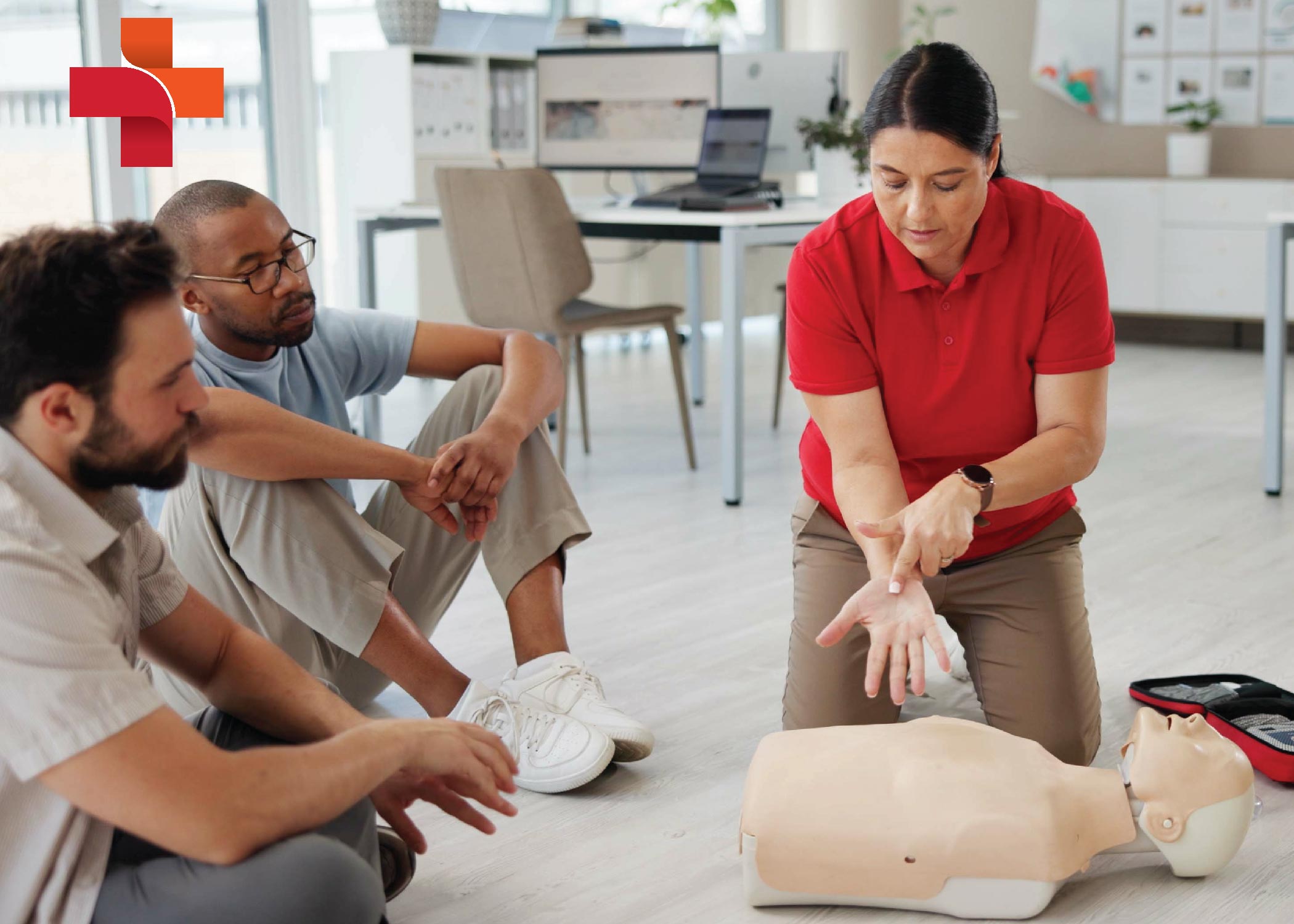
How to Prepare for a Medical Emergency
While medical emergencies are often unpredictable, being well-prepared in advance can significantly ease the burden during such situations.
Know the Basics - Some medical problems can be time-sensitive, so having a list of who to call and where to go in place can help you in the long run.
Have a list of important phone numbers to include: local emergency medical services, poison control, your primary care physicians, and an emergency contact person.
Learning lifesaving first aid skills:
Take a CPR Course (Full Spectrum ER & Urgent Care hosts these for free, call us for more information)
Sign up for a Stop the Bleed training session or click this link to watch the Stop The Bleed Interactive Online Course.
Learn how to properly perform abdominal thrusts on choking victims.
Learn how to use an EPIPEN (EPIPEN Auto-Injectors are used to treat life-threatening, allergic emergencies in people who are at risk for or have a history of serious allergic emergencies.) Click this link to watch a Training Video on how to use an EPIPEN.
Learn how to spot the signs of a stroke.
If you suspect someone is having a stroke, remember to B.E. F.A.S.T.:
B – Balance: Ask the person to walk. Are there signs of imbalance or dizziness?
E – Eyes: Ask the person to read something. Do they have trouble seeing out of one or both eyes?
F – Face: Ask the person to smile. Does one side of the face droop?
A – Arms: Ask the person to raise both arms. Does one arm drift downward?
S – Speech: Ask the person to repeat a simple phrase. Is the speech slurred or strange?
T – Time: Note the time of the first symptoms and call 9-1-1 if you see any of these signs
Determine which Emergency Room or Local Hospital is closest to your home.
Have your Phone prepared for Emergencies- Your medical history and current medications are critical factors in ensuring you receive the most appropriate and effective treatment.
If you have an iPhone, open your Health App and add medical and emergency contact information.
If you have an Android, look for “emergency information” and add medical and emergency contact information.
Label your contacts with their relationship to you, ex: “Mother,” or “Wife.” That way if anyone picks up your phone, they know who to call.
Have your Medical Information Physically on You- As much as we like to rely on our smartphones, if they are low on battery or not in your possession at the time of your medical emergencies.
Keep a card in your wallet or purse that contains the following information:
Name, address, phone number
Emergency contact information
Blood type
List of Medications
Your Primary Care Provider name and phone number
List any chronic diseases
Keep a Medical File- Maintain a personal medical file that includes all reports, imaging results, and medical documents you receive. Make sure your emergency contact and loved ones know where this file is located.
- Get to know your Insurance Plan- Hospitals and Emergency Rooms will come to your aid regardless of your insurance status, but getting familiar with your plan will help you avoid financial stress. Our Team at Full Spectrum likes to let our patients know what they owe before they go with our Price Transparency.

